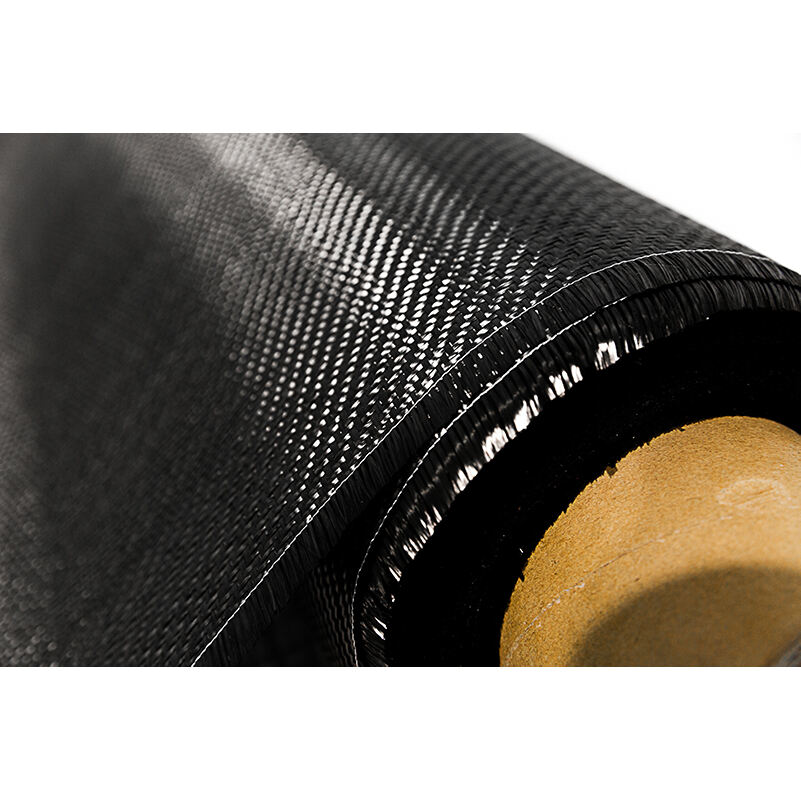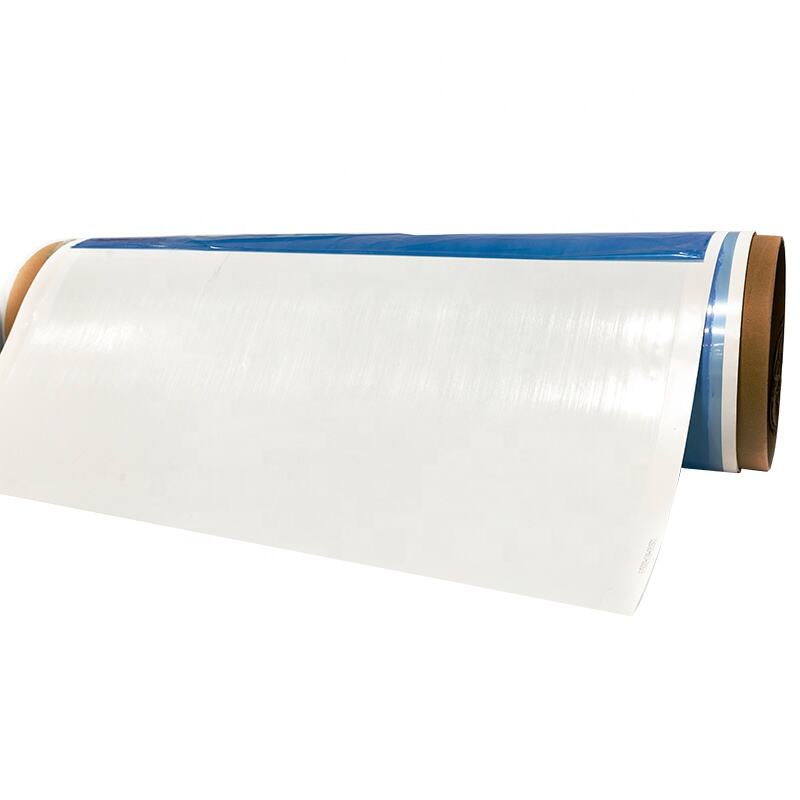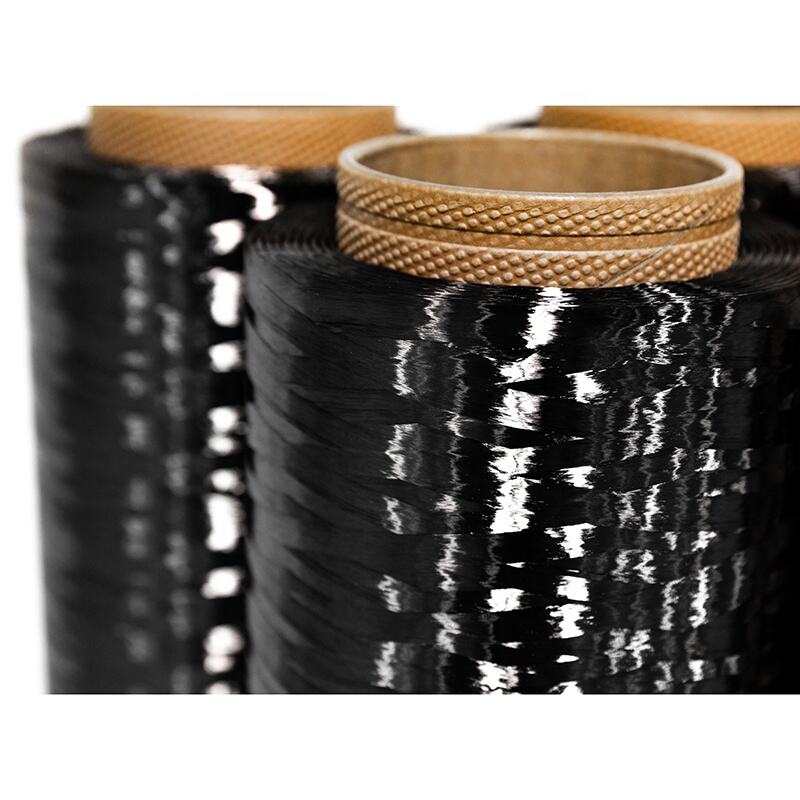carbon carbon composite
Carbon carbon composite is an advanced material system consisting of carbon fibers embedded in a carbon matrix, representing a significant breakthrough in materials engineering. This high-performance composite material exhibits exceptional thermal stability, maintaining its mechanical properties at temperatures exceeding 2000°C. The unique manufacturing process involves multiple steps of carbon fiber layup and matrix infiltration, resulting in a material that combines lightweight characteristics with superior strength. The composite's structure features a three-dimensional network of carbon fibers that provides remarkable resistance to thermal shock and excellent thermal conductivity. In aerospace applications, carbon carbon composites are essential components in rocket nozzles, heat shields, and brake systems. The material's ability to withstand extreme temperatures while maintaining structural integrity makes it invaluable in high-temperature industrial processes. Additionally, its resistance to chemical corrosion and low thermal expansion coefficient contribute to its reliability in demanding environments. The material's versatility extends to various sectors, including military applications, nuclear power plants, and advanced manufacturing processes where conventional materials fail to meet performance requirements.


